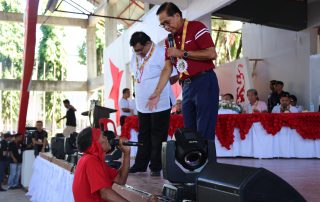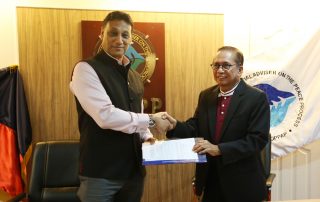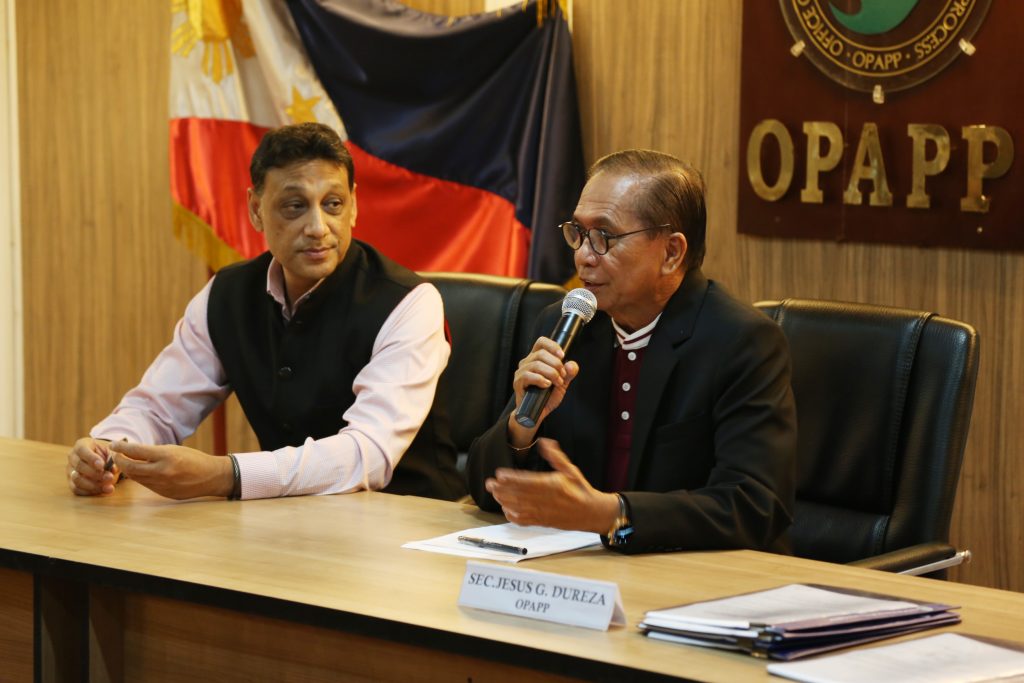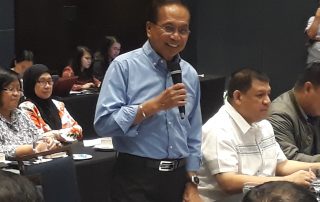SEDA HOTEL, QUEZON CITY – Presidential Peace Adviser Jesus Dureza challenged members of the security sector here to observe the principle of “inclusivity” in carrying out development projects within their respective areas of coverage.
“There must be inclusivity in your projects,” Sec. Dureza said, as he addressed top military and police officers attending the Payapa at Masaganang Pamayanan (PAMANA) cluster meeting organized by the Office of the Presidential Adviser on the Peace Process (OPAPP).
The PAMANA is the national government’s convergence program that carries out various development initiatives in remote, conflict-affected communities across the country, ensuring that the needs of the marginalized and underserved sectors are addressed.
Since its implementation in 2011, the program has undertaken about P50 billion worth of development projects across the nation’s conflict-prone areas.
Sec. Dureza emphasized that PAMANA projects, which are implemented in partnership with local government units and other concerned national government agencies, should benefit all sectors of the community and not only a select few.
“Don’t give them the exclusivity,” he said, referring to certain groups or sectors who are usually at the receiving end of most development projects.
Sec. Dureza said that there is a need to break away from this culture of exclusivity, which breeds corruption and creates an environment of “unpeace” in communities.
“Corruptions is a very big concern for us,” the peace adviser said, as he called on members of the security sector to help the national government address this pressing issue.
Sec. Dureza pointed out that corrupt practices are the bane of development work and must therefore be eradicated at all costs.
“You are the frontliners. We will not succeed unless we get the support of the communities,” he said.
According to him, project implementers must always use a “peace lens” to ensure the sustainability of their initiatives, while eliminating corruption at all levels of the bureaucracy.
“If there is that sense of integrity … It will pay back,” Sec. Dureza said.
He likewise stressed the value of a “buttom-up” approach in project implementation, saying that proposals “must come from below…from the people [themselves].”
“They (projects) must be processed from the bottom. It will take time but this is the way to go,” Sec. Dureza said.
In the meantime, OPAPP Undersecretary Ronald Flores explained that PAMANA is not only focused on building high-impact infrastructure projects, but is also carrying out various socio-economic initiatives as well.










